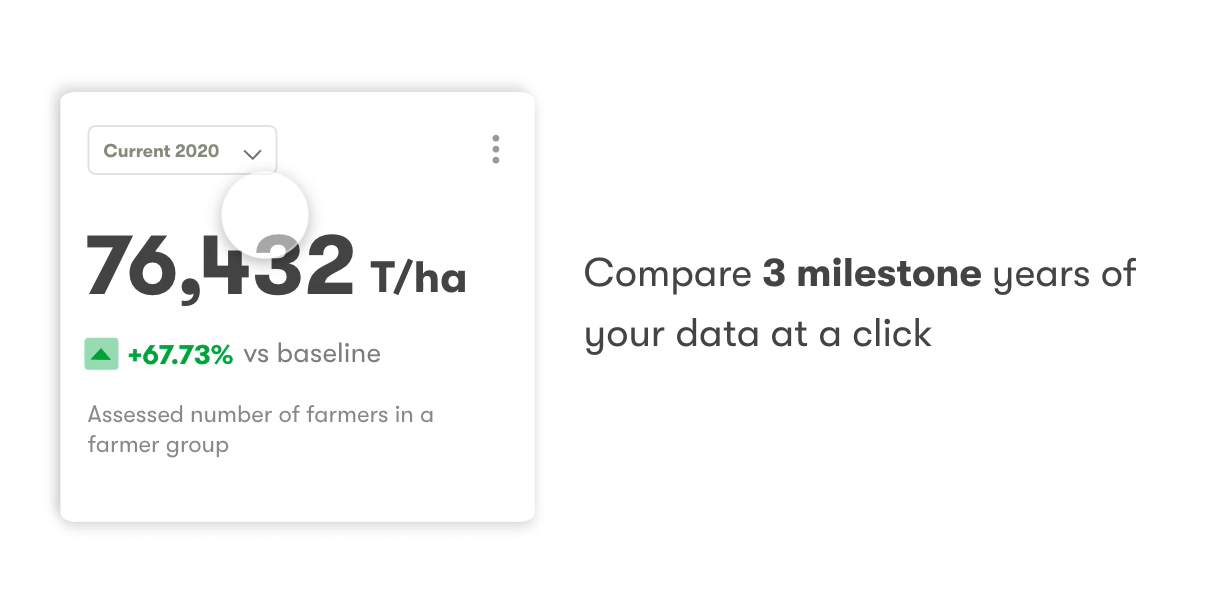CRACKING TRACEABILITY IN NUT SUPPLY CHAINS WITH ATSOURCE
We should all be eating more nuts, according to the EAT‑Lancet commission, an expert group on healthy, sustainable diets.
Packed with protein, heart-friendly fats and vitamins, they are a popular snack choice, with many versatile ways of being incorporated into our diet. Yet, even the most discerning of us may never have considered where or how the nuts in a cereal bar or plant-based milk are grown.
A sustainable diet means choosing foods that are healthful for not only consumers, but the environment and the producers they come from. To meet EAT-Lancet’s recommendations for nut consumption, production would have to increase significantly over the next few years, which has to happen without sustainability challenges like poor labour standards on hazelnut farms, the irrigation requirements of almond production, poverty in rural cashew communities, and the overarching impact of climate change.
As the leading supplier of nuts, seeds and superfoods, with integrated processing and distribution capabilities, Olam Nuts, part of Olam Food Ingredients (OFI), is already driving transparency and action through our revolutionary insights platform, AtSource. So for customers wanting to buy sustainable cashews, almonds, hazelnuts, peanuts and chia seeds, among others, this translates into…
